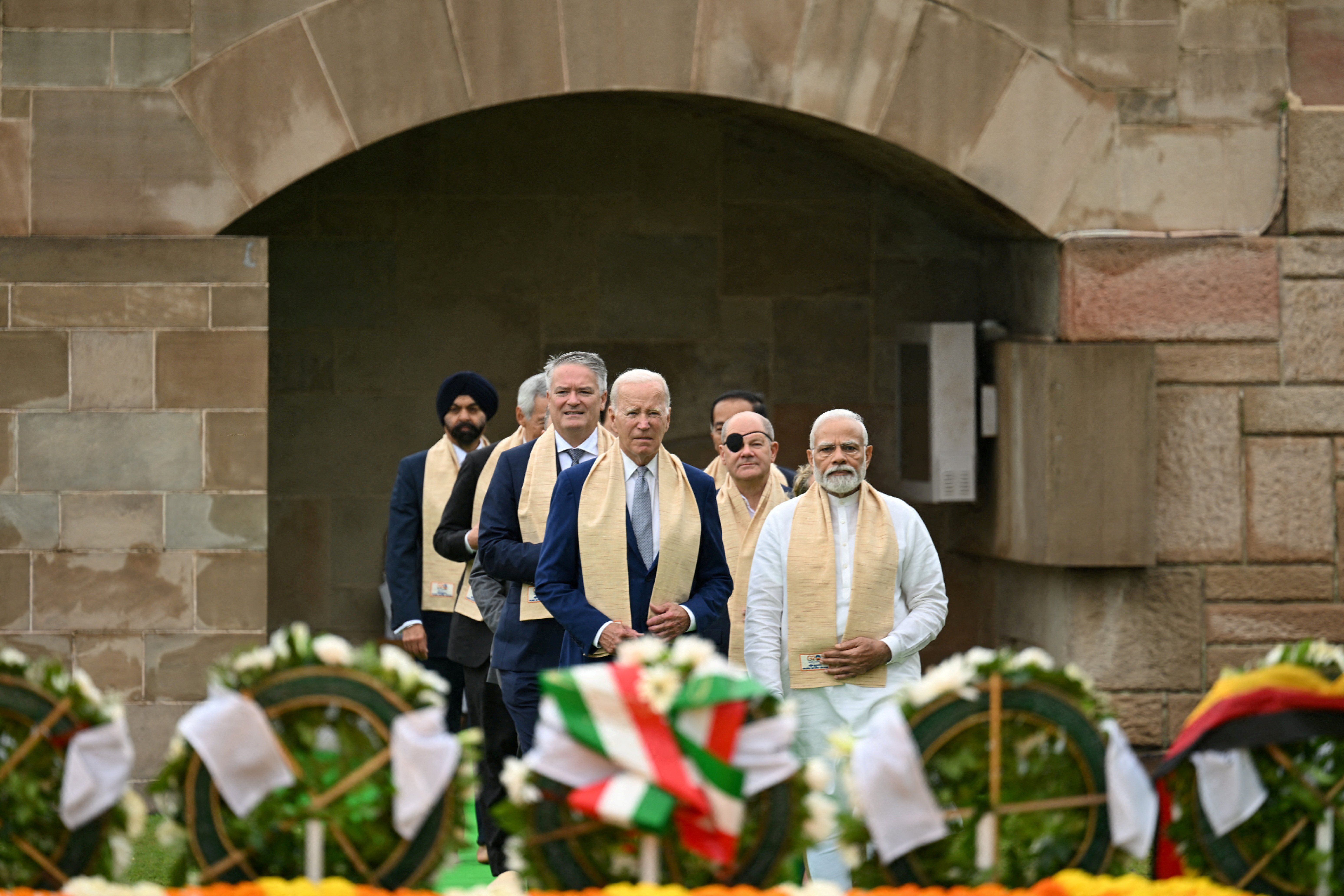The G20 summit in New Delhi wrapped up this weekend, with many praising Indian PM Narendra Modi for getting the G20 nations to agree on a consensus declaration after a month of intense negotiations.
What was agreed to? On climate, member nations agreed “that developing countries need to be supported in their transitions to low carbon/emissions" though it’s not exactly clear what this financing would look like. “Climate justice” remains a contentious issue, as evidenced by Modi’s comments earlier in the week accusing Western nations of forcing the developing world to pay the price for their rapid industrialization.
The G20 declaration also comes just days after the first Africa Climate Summit, where African states pitched themselves as the future of the green economy. In a further testament to the growing importance of Africa, Modi later announced the admission of the African Union as a permanent member of the G20.
But the biggest challenge to consensus was Russia’s ongoing war against Ukraine and the divide between many Western states and countries in the Global South that want to maintain solid ties with both the US and Russia. While the declaration recognized “the human suffering and negative added impacts of the war in Ukraine with regard to global food and energy security,” – a nod to African nations that have seen supplies disrupted by the conflict – Kyiv was furious that the statement didn’t directly address Russian atrocities.
Indeed, this was a significant departure from the G20’s consensus declaration last year in Bali, which referenced “Russian aggression” and described the conflict as a war “against” Ukraine, not “in” it. And despite the absence of President Putin at the summit, Moscow was notably pleased with the outcome: Russia's Foreign Minister Sergei Lavrov praised the declaration, calling it "a step in the right direction.”
A win for Modi? One thing many observers agree on, however, was that the summit achieved India’s goal of boosting its global diplomatic bonafides, in part aimed at countering China’s influence in Asia and Africa. It helped, of course, that Xi Jinping also chose to stay home.
